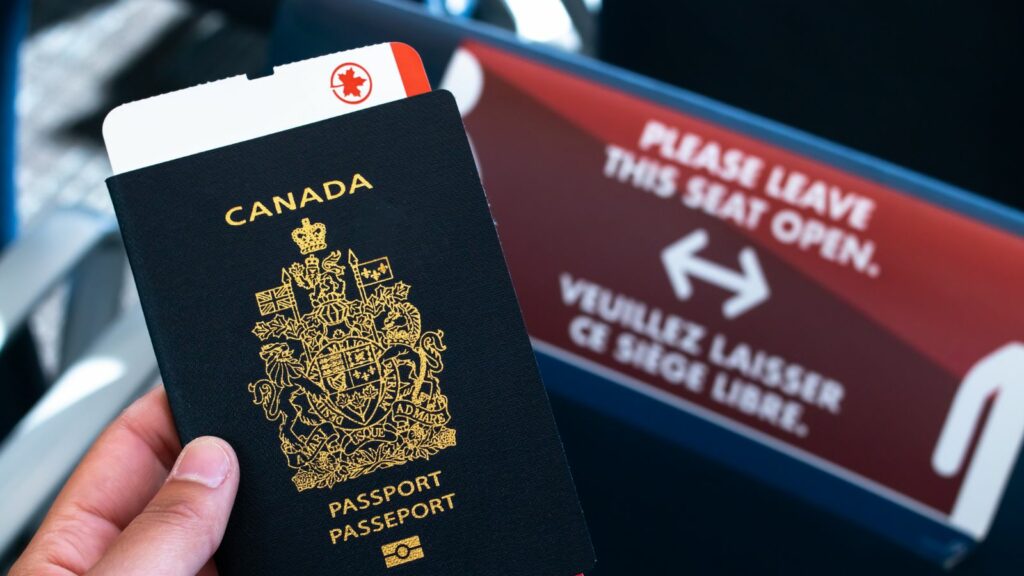Travelers from Canada usually realize their advantages only after landing somewhere else. The conveniences they consider standard often stand out in other regions, from airport processes to safety expectations to service culture. Many habits that feel normal at home reflect national systems that quietly function in the background, creating smoother experiences when stepping into unfamiliar places. Here are 21 Canadian advantages you’ll notice the next time your travel.
Strong passport privilege
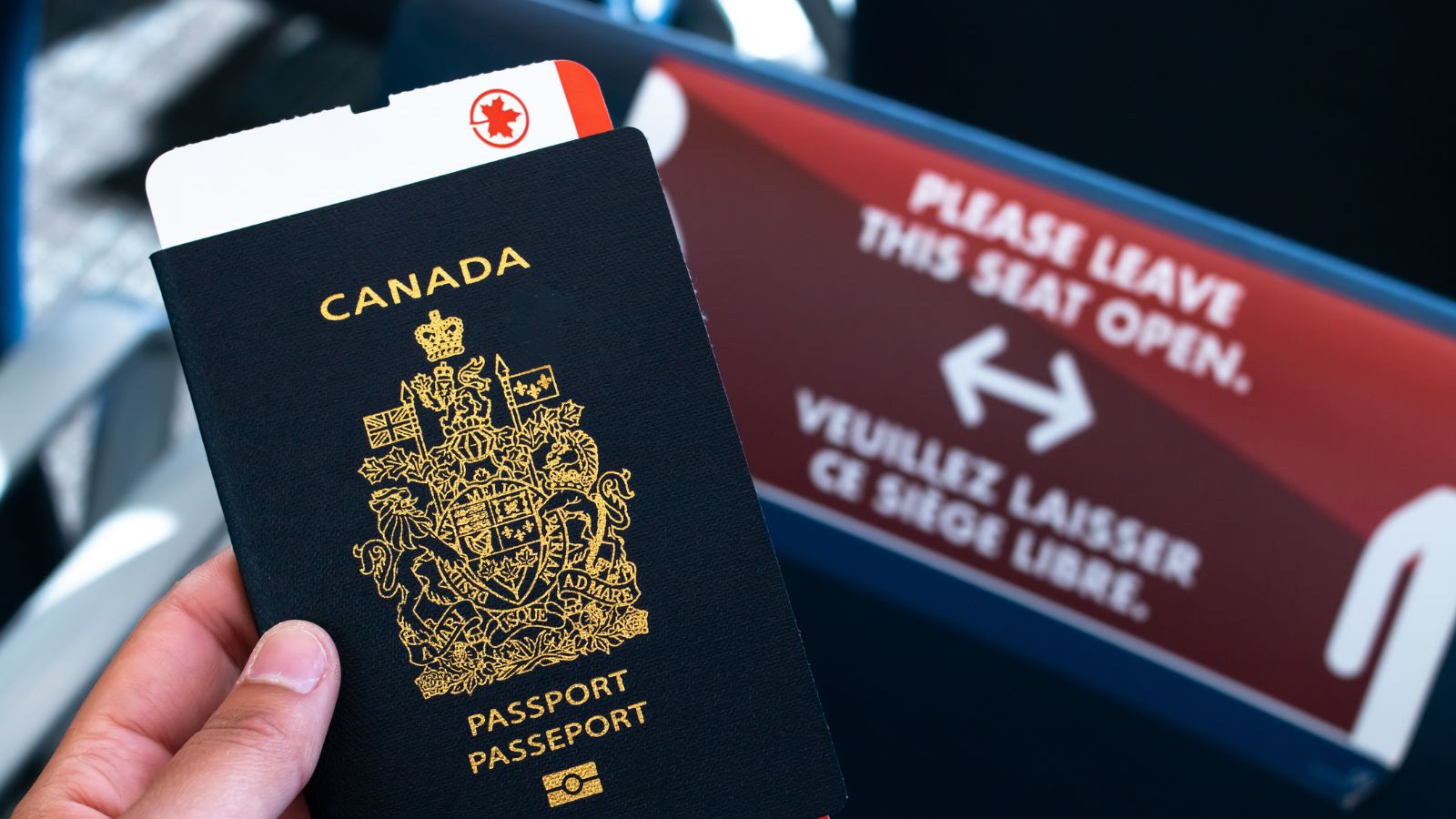
A passport from this country provides broad access to many destinations with minimal administrative burden, which becomes more noticeable when comparing the visa restrictions other nationalities face. Many travelers only realize this advantage when they witness long queues for visa processing or hear about additional fees charged to others. The document often grants straightforward entry, shorter questioning, and more efficient border control interactions. This simplifies planning, reduces stress, and cuts down on logistical tasks before departure. Once abroad, the ease of movement between multiple countries becomes an appreciated convenience rarely discussed at home but highly valued on the road.
Smooth airport operations
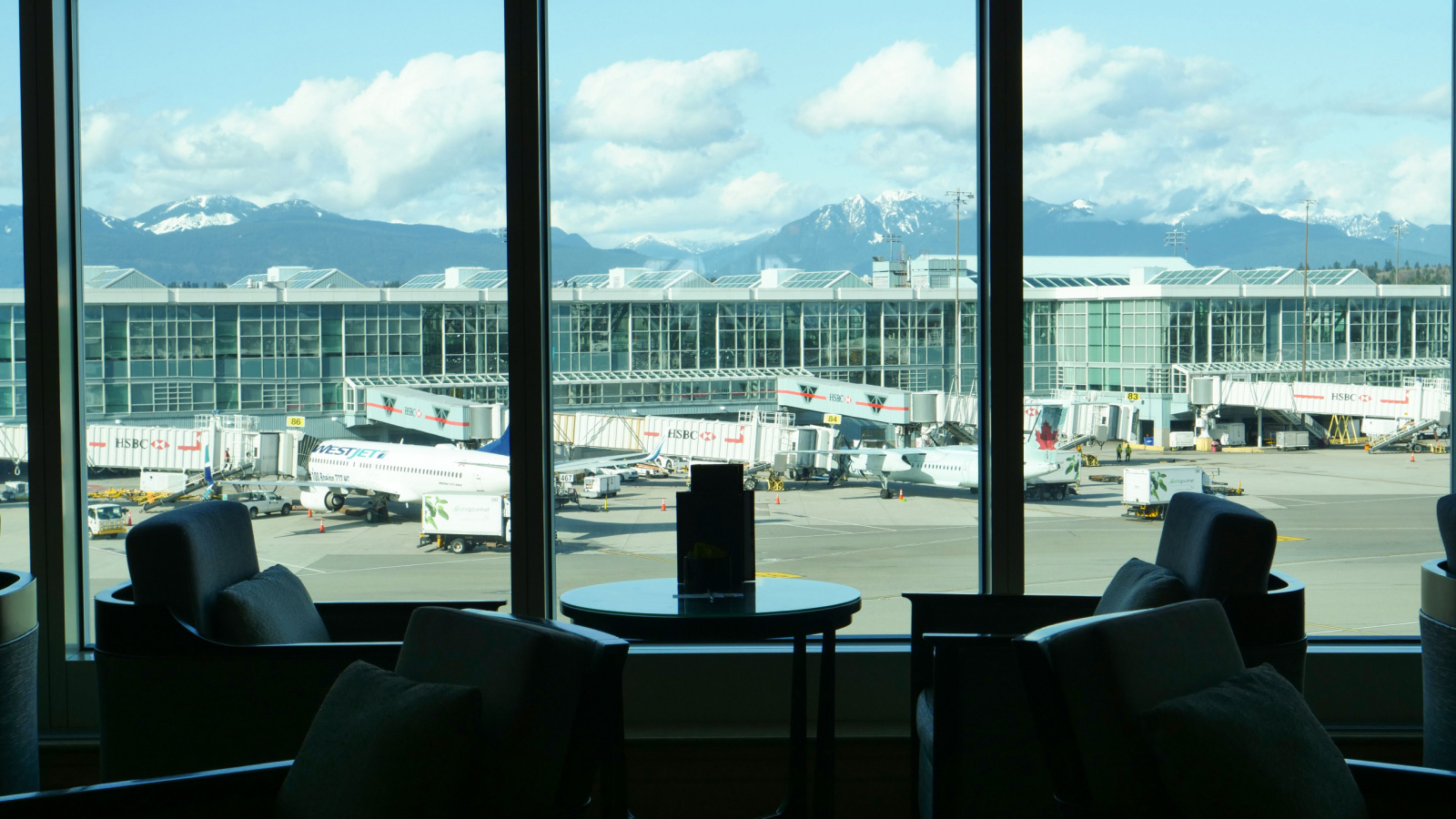
Airports at home generally maintain organized processes that create expectations for predictable wait times and clear signage. When traveling abroad, it is easier to notice how inconsistent procedures can be elsewhere, from sudden line changes to unclear security rules. The familiarity with efficient boarding, reliable luggage handling, and orderly security checkpoints sets a baseline that is not always matched in other regions. Even standard amenities like accessible washrooms, clear announcements, and helpful staff often exceed what travelers encounter in some countries. This comparison makes domestic airports feel more structured and predictable than many realize before experiencing foreign terminals.
Clean public spaces

People often take for granted the general cleanliness found in most public areas at home. Travel makes this difference stand out, especially in regions with limited waste management or inconsistent sanitation systems. Parks, transit stations, and streets back home typically maintain higher standards, influencing expectations for hygiene during trips. Travelers can feel the contrast immediately when they observe overflowing bins, uneven maintenance, or fewer resources allocated to sanitation abroad. This comparison helps highlight how consistent public cleanliness supports comfort and peace of mind at home, and why it becomes one of the first differences noticed after arriving elsewhere.
Reliable tap water quality

Domestic tap water availability and safety create a habit of drinking directly from the faucet without hesitation. While abroad, travelers quickly learn that bottled water or filtration systems are standard in many regions due to varying water treatment capabilities. These carry added costs and inconvenience, especially during long stays. People from home often remark on how much easier daily routines feel when they do not need to question water safety, hunt for bottled options, or worry about contamination. The dependable nature of the water supply becomes a benefit that stands out strongly during international trips where conditions differ.
High food safety standards

Restaurants and food outlets back home follow strict safety regulations that many travelers assume apply globally. When visiting other countries, the difference becomes evident in how food is handled, stored, and served. Travelers are sometimes more cautious abroad, especially with street food or small eateries, because they are accustomed to consistently regulated conditions at home. Even grocery stores back home maintain rigorous inspection protocols, influencing expectations that do not always align with what travelers find elsewhere. The contrast highlights how dependable food safety practices contribute to everyday comfort, making them an advantage that becomes more noticeable during international travel.
Easy access to ATMs and banking
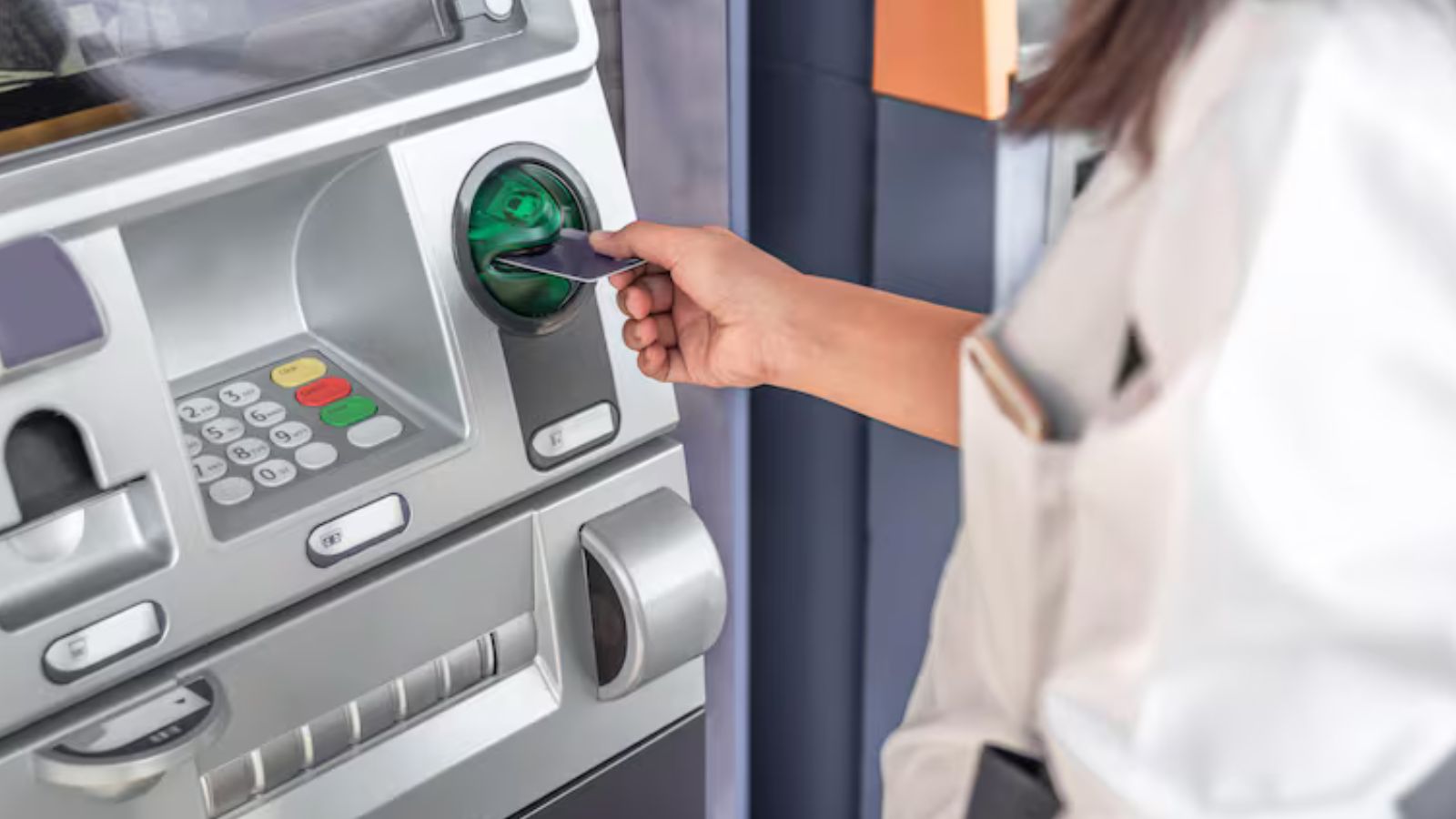
Domestic banking systems usually provide widespread ATM access, straightforward card usage, and reliable online banking. When abroad, travelers sometimes encounter cash-only establishments, malfunctioning machines, or unexpected withdrawal fees. This makes them appreciate the convenience they enjoy at home, where banking is designed to accommodate digital transactions and predictable service. Even the reliability of fraud detection and customer support becomes more apparent when compared to foreign systems that may have limited hours or slower responses. These differences help highlight the strength of domestic financial infrastructure and the ease with which people can manage money during normal routines.
Strong consumer protections

Shoppers at home are protected by robust refund, return, and warranty systems. When people travel, they quickly discover that these practices vary significantly across the world. In some places, returns may not be accepted, receipts may not matter, or consumer complaints may receive minimal attention. The ability to dispute charges, access buyer protection, or receive compensation for faulty products becomes an advantage they may only appreciate once they interact with foreign retail systems. This contrast shows how consistent consumer rights at home create trust between businesses and customers, giving residents a dependable framework not always present abroad.
High public safety awareness

Domestic environments typically prioritize public safety through well-maintained lighting, organized transit, and predictable policing. When traveling, people often notice differences such as limited lighting, inconsistent enforcement, or areas requiring extra precautions. Even routine practices like walking alone late at night or relying on rideshare services may feel different abroad. These contrasts emphasize how local safety conditions shape everyday comfort back home. Travelers often recognize that the security they experience domestically sets a baseline that is not universal, and this realization encourages more awareness and preparation when navigating destinations with varying safety environments.
Consistent customer service culture

Travelers often observe that service quality varies widely across countries. At home, hospitality workers, retail staff, and transportation employees generally follow standards emphasizing politeness, problem-solving, and respectful communication. This creates expectations that are not always met abroad, where service styles differ based on culture, training, or economic conditions. People may encounter more direct communication, slower service, or reduced assistance in some destinations. These experiences help highlight the reliability and predictability of domestic service environments. The comparison reminds travelers how accustomed they are to consistent support and how this influences their comfort when handling unfamiliar systems overseas.
Organized public transportation systems
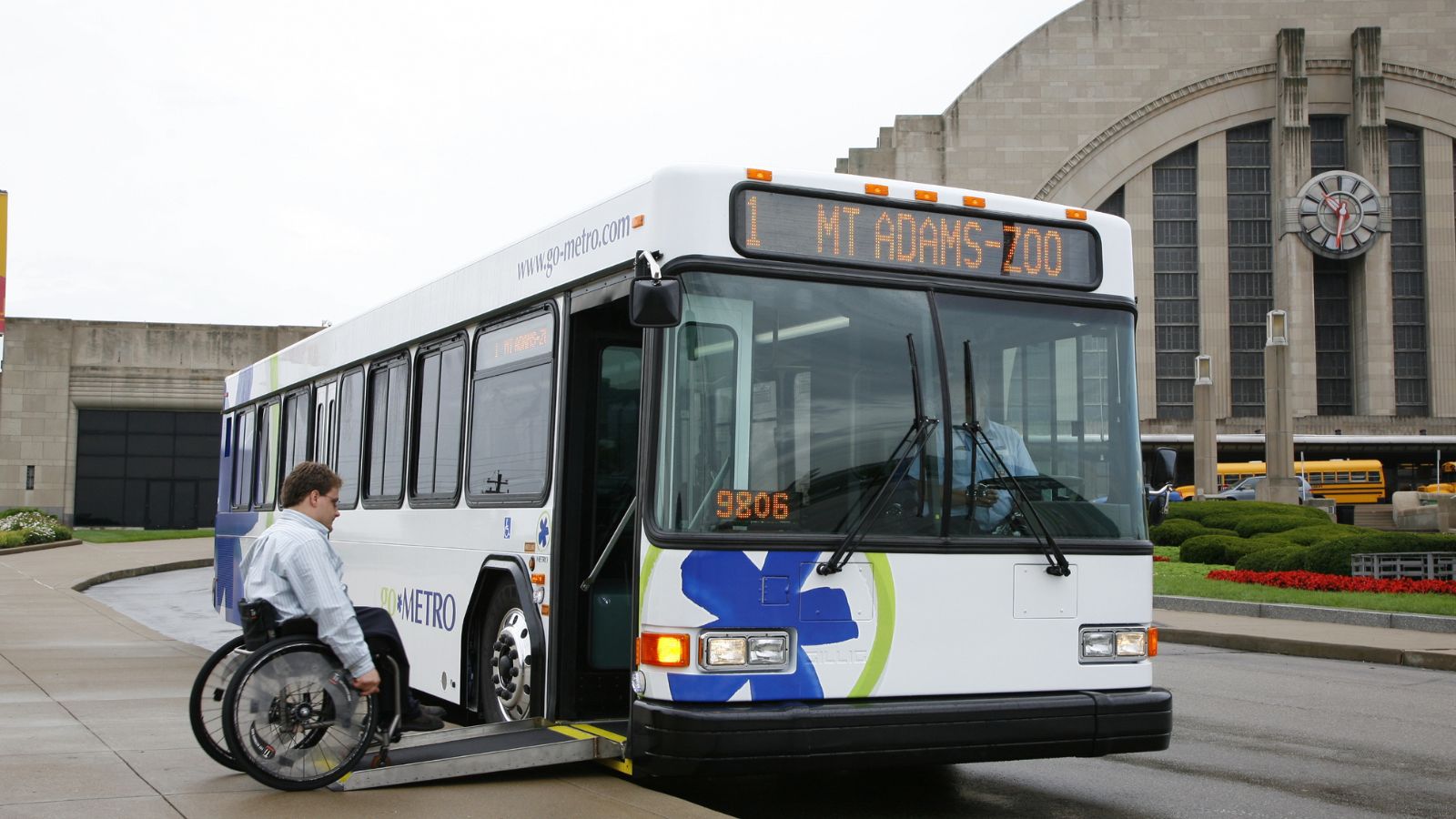
Transit systems at home often feature predictable schedules, clear signage, and accessible payment methods. While abroad, people sometimes face limited schedules, crowded vehicles, or less intuitive navigation tools. Even the expectation of punctuality becomes noticeable when trains or buses abroad operate with delays or inconsistent timing. Travelers’ familiar with domestic transit often adapt more quickly to complex foreign networks because they are used to structured systems. This comparison helps reveal how dependable transportation infrastructure shapes daily life and why it becomes an advantage recognized more clearly when navigating unfamiliar routes in other countries.
Inclusive accessibility features
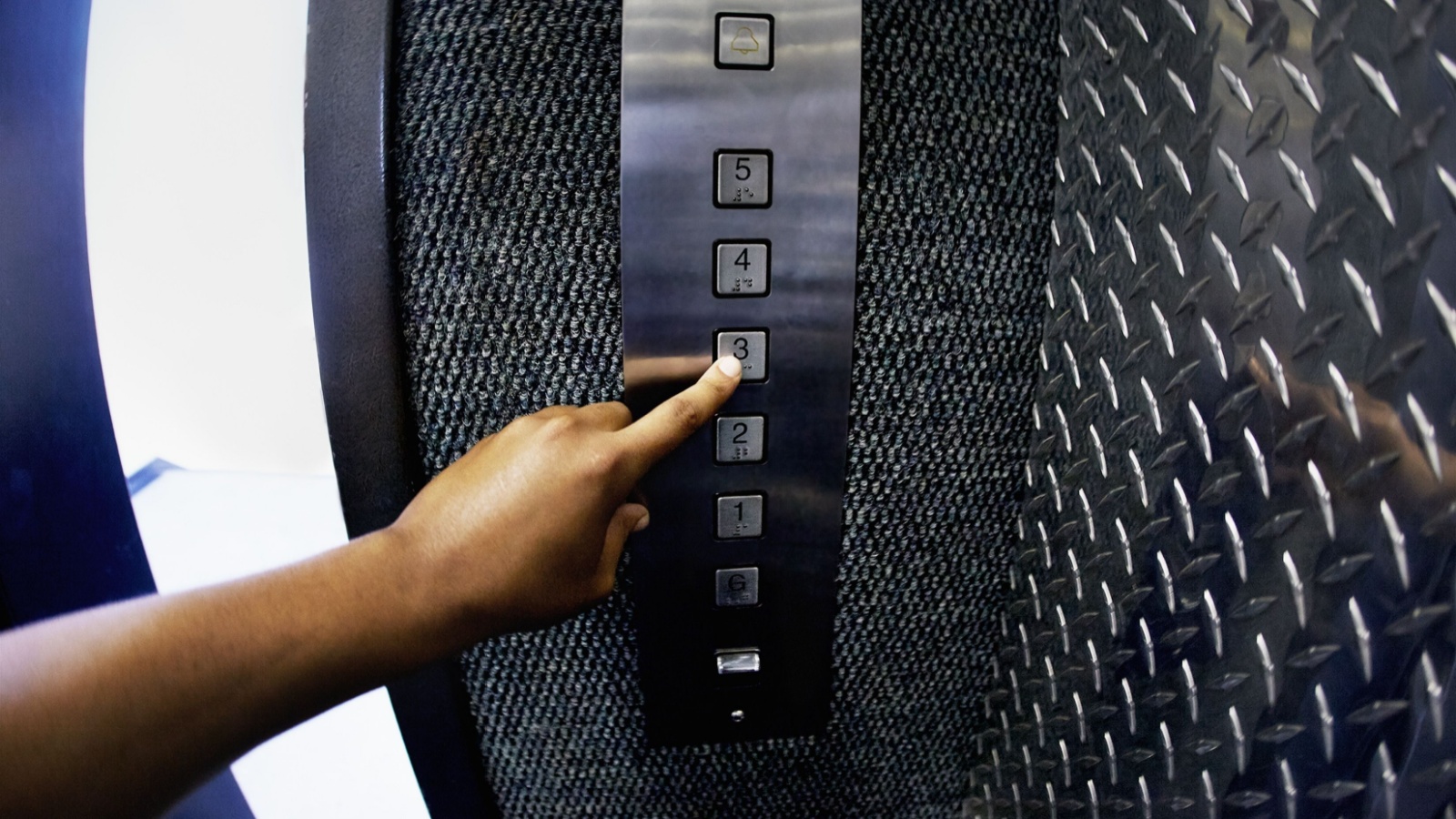
Homeside infrastructure frequently incorporates accessibility features such as ramps, elevators, audio announcements, and wide sidewalks. In many destinations, travelers notice a lack of these accommodations, making navigation more challenging for individuals with mobility or sensory needs. Even attractions or public spaces abroad may not provide the same level of accessibility found at home. This contrast highlights how inclusive design has become normalized domestically, shaping expectations that do not always match conditions elsewhere. The difference reinforces the importance of accessibility standards and how they contribute to travel comfort, especially for those who rely on supportive infrastructure.
Reliable internet and mobile connectivity

At home, internet access and cellular coverage are widely available and generally stable. Travelers often encounter slower speeds, inconsistent coverage, or expensive data packages abroad. Even public Wi-Fi reliability can vary significantly, requiring additional planning or adjustments. This makes domestic digital infrastructure appear more convenient and predictable in comparison. The comfort of being able to rely on quick connectivity, seamless streaming, and efficient mobile payments becomes evident during international trips. These differences show how integrated digital services have become in daily life and why travelers notice the advantage more clearly once they explore other regions.
Respectful queue culture

People at home usually follow orderly line systems, whether in stores, stations, or government offices. Abroad, travelers sometimes observe more flexible interpretations of queues, especially in busy markets or fast-paced cities. The contrast becomes noticeable in crowded environments where personal space or turn-taking expectations differ. This can influence travel experiences, particularly when accessing transport, purchasing tickets, or completing administrative procedures. The structured queue culture at home sets expectations for fairness and predictability. Travelers recognize this benefit when they realize how efficiently lines move domestically and how straightforward interactions feel compared to destinations with less organized systems.
Strong emergency response systems

Emergency services at home are known for coordinated dispatch, trained personnel, and clear communication protocols. When visiting other countries, travelers often notice differences in response times, availability of resources, or clarity of emergency numbers. Even the presence of visible first responders in public spaces stands out when contrasted with destinations that may have fewer personnel. This comparison helps highlight the security provided by dependable emergency infrastructure. People often acknowledge this advantage when reflecting on their experiences abroad, where procedures and support levels may vary significantly, impacting how safe or prepared they feel in unfamiliar environments.
Efficient border services on return
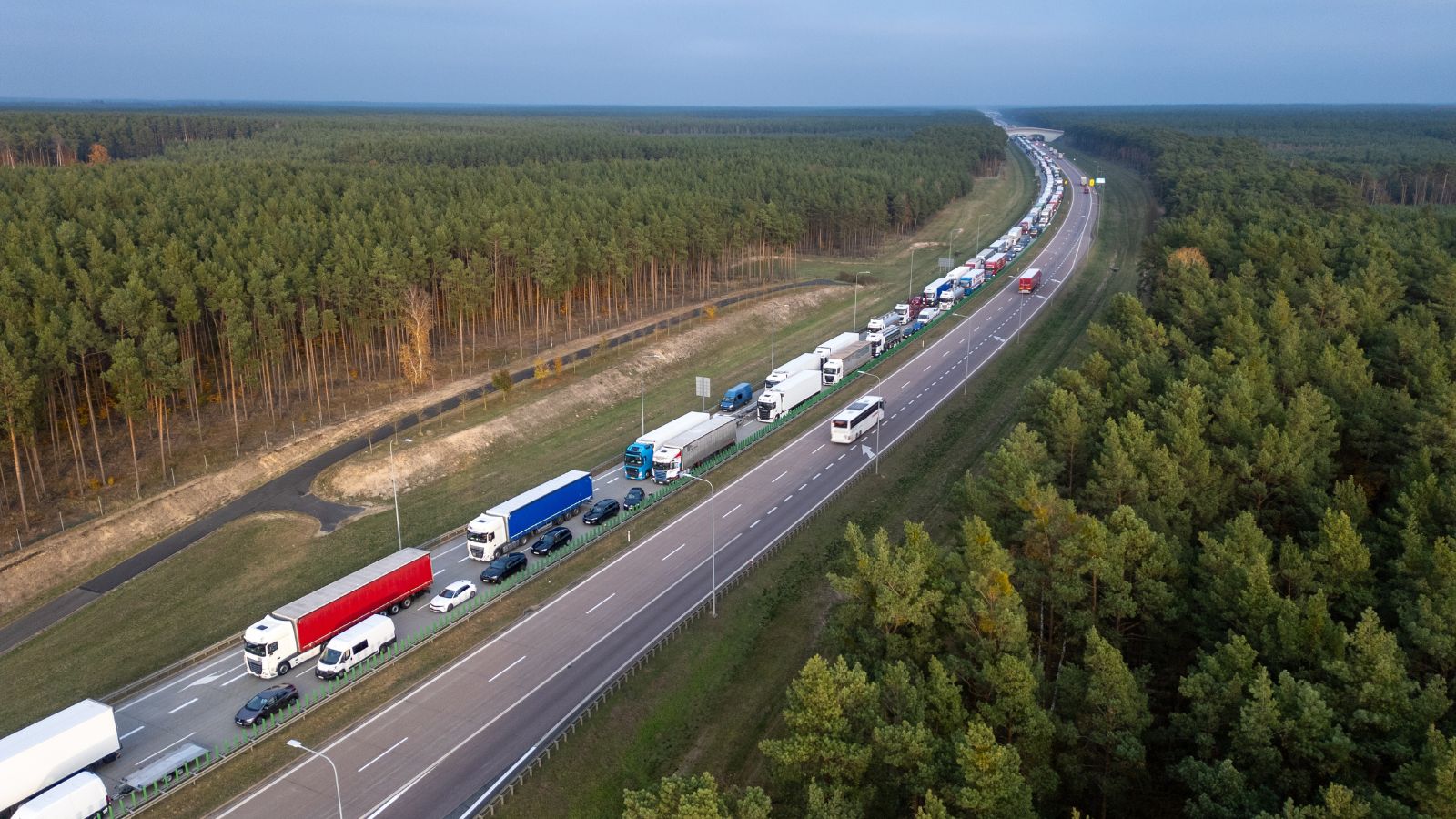
Returning home typically involves streamlined border procedures such as electronic kiosks, clear customs declarations, and organized entry lines. After traveling abroad, people appreciate the predictability and efficiency of these systems more. Many destinations require longer processing times, more paperwork, or complex questioning. The familiarity with domestic border services reduces stress and speeds up reentry, especially for frequent travelers. These smooth processes contrast with the varying levels of efficiency encountered internationally, reinforcing how well-structured domestic systems contribute to a more comfortable travel experience and a quicker transition back to daily routines.
Familiar healthcare expectations
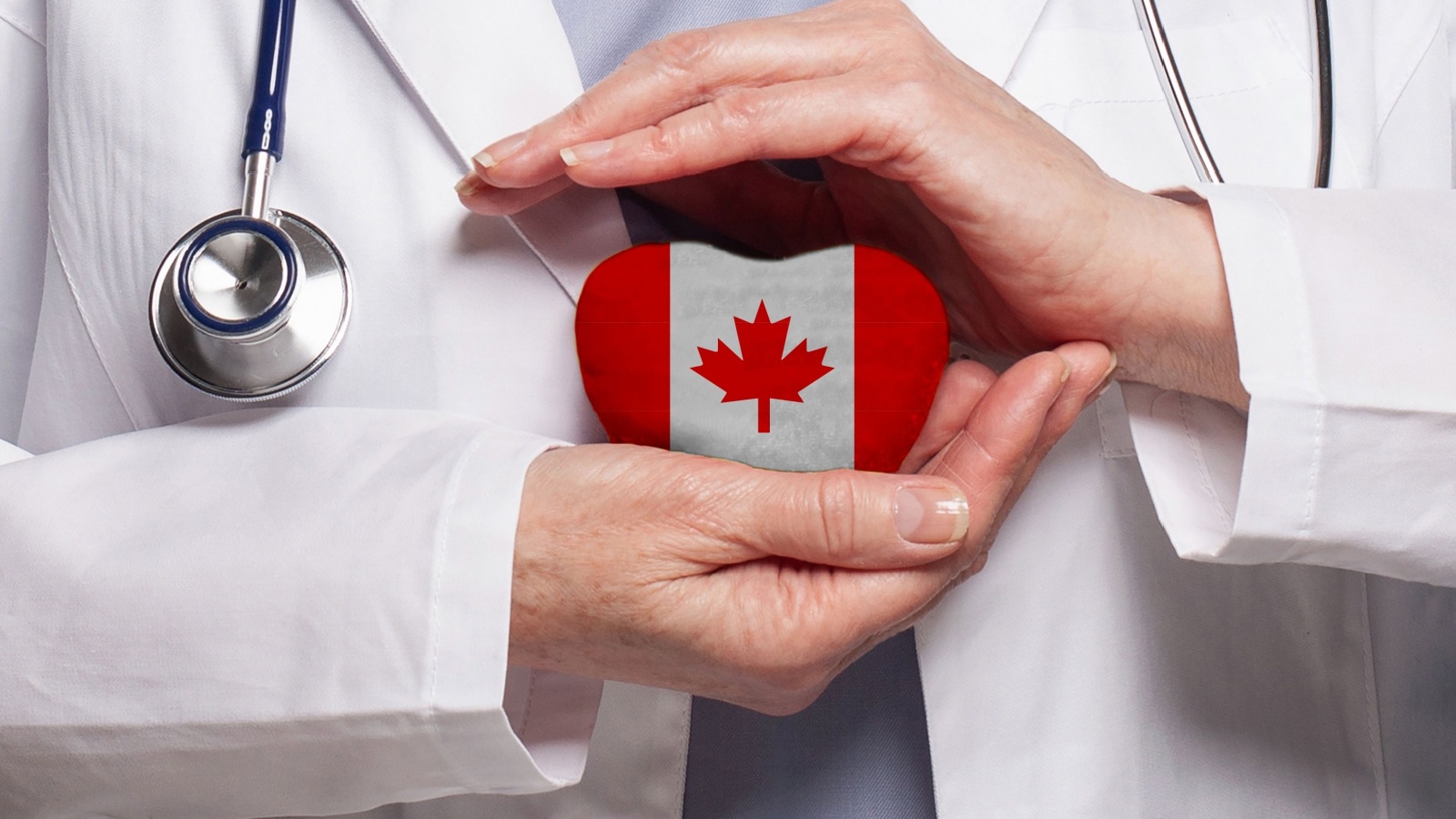
Individuals at home usually rely on accessible healthcare and structured medical support. While traveling, they notice differences in affordability, availability, and communication in medical settings abroad. Even simple issues like finding a clinic, arranging medication, or communicating symptoms can feel more complicated in foreign environments. Travelers often appreciate the predictability of domestic systems after experiencing varied procedures and costs elsewhere. Although they may use travel insurance, the contrast in healthcare structures highlights how supportive their home system feels compared to international options and why it becomes a recognized advantage when dealing with medical needs abroad.
Respect for personal space
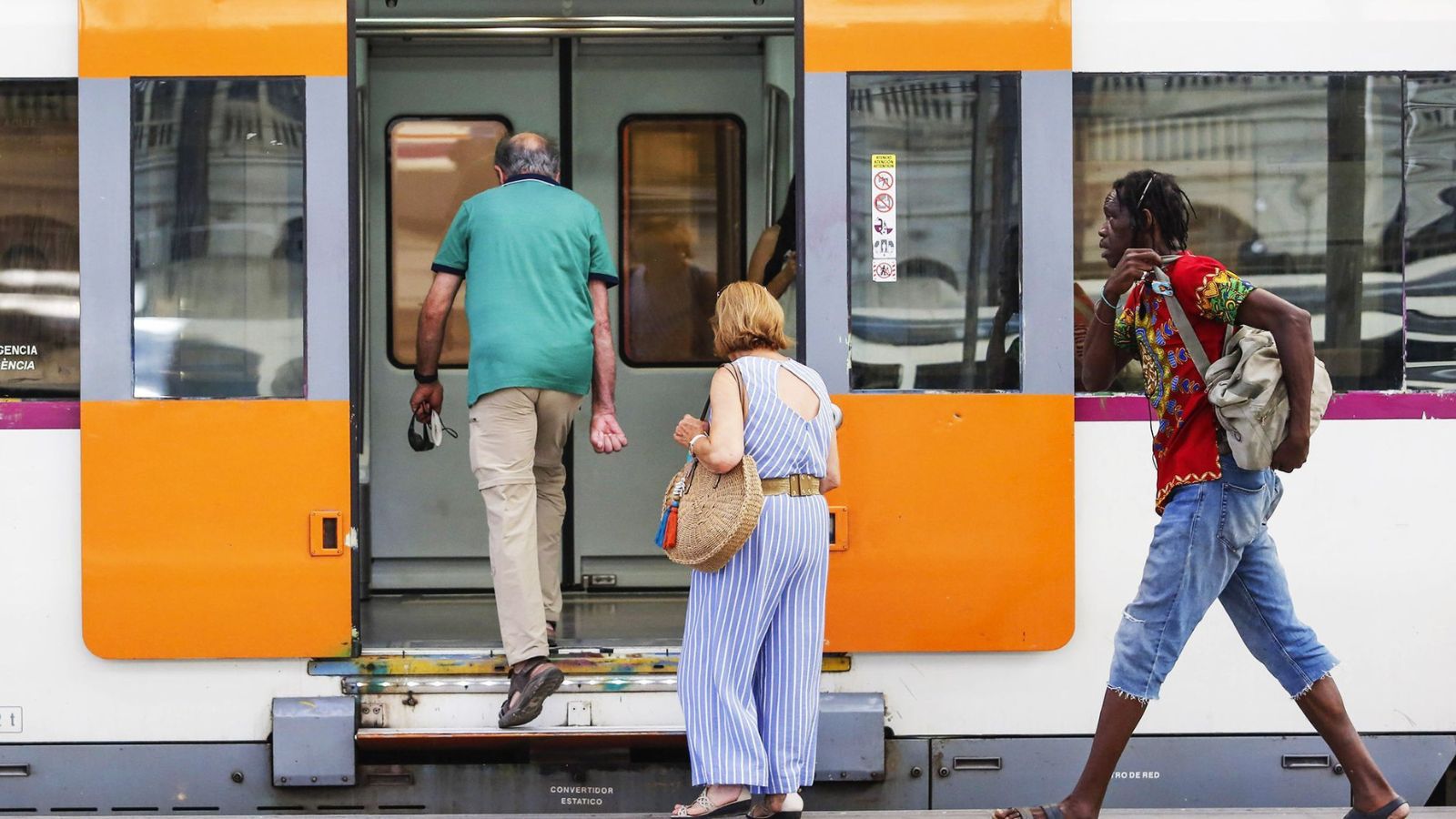
Cultural norms around personal space vary widely. People at home are accustomed to maintaining comfortable distances in queues, transit systems, and public areas. When traveling to more crowded or fast-paced regions, the difference becomes noticeable, especially in markets or train stations where space is limited or social norms encourage closer proximity. This contrast highlights how familiar spacing expectations shape comfort levels. Travelers often realize how much they value this aspect of daily life when navigating busy areas abroad, where interactions feel more compressed and require adjustments. This awareness becomes a subtle but memorable takeaway from international travel.
Predictable pricing systems

At home, prices are typically transparent, fixed, and clearly displayed. While traveling, people often encounter environments where bargaining is common, hidden fees appear, or taxes are calculated differently. This makes domestic pricing systems feel more straightforward in comparison. Travelers may need to research currency conversions, negotiation practices, or additional charges abroad, creating extra steps not required at home. The contrast with predictable and regulated pricing becomes more apparent as they navigate foreign markets or services. This highlights how consistent domestic pricing structures support confidence and reduce uncertainty during everyday transactions.
Familiar driving standards

Driving environments at home generally follow structured rules, visible road signs, and regulated traffic patterns. When traveling internationally, people sometimes face different driving styles, varying enforcement, or limited lane discipline. Even pedestrian crossings function differently across destinations, influencing overall comfort. Travelers accustomed to predictable traffic systems often notice how much domestic standards simplify road navigation. Renting a car abroad can highlight the difference even more, especially in regions with fewer signs or more flexible interpretations of rules. This helps reinforce the advantage provided by consistent highway systems and well-maintained roads back home.
Reliable weather information

Domestic weather services provide accurate forecasts and timely alerts, which many travelers assume are available everywhere. Abroad, they may encounter regions with limited forecasting tools, unpredictable climate patterns, or inconsistent reporting. This makes it harder to plan daily itineraries, outdoor activities, or transportation. The reliability of weather information at home becomes more noticeable once travelers face sudden changes without clear updates in foreign destinations. The contrast highlights how dependable information systems assist with decision-making and contribute to smoother travel planning. It is a subtle but valuable advantage recognized more clearly during international experiences.
Polite social norms

Social interactions at home often emphasize politeness, patience, and respectful communication. While traveling, people encounter different cultural approaches to conversation, negotiation, and customer interaction. These differences can feel surprising for those accustomed to consistent courtesy in routine exchanges. Travelers may notice more direct communication or brisk interactions in certain destinations, which contrasts with their expectations. Recognizing this distinction helps highlight how social norms influence comfort during travel. The experience emphasizes the value of predictable politeness in daily life and why it stands out as an advantage once travelers return home and compare it to other environments.
21 Products Canadians Should Stockpile Before Tariffs Hit

If trade tensions escalate between Canada and the U.S., everyday essentials can suddenly disappear or skyrocket in price. Products like pantry basics and tech must-haves that depend on are deeply tied to cross-border supply chains and are likely to face various kinds of disruptions
21 Products Canadians Should Stockpile Before Tariffs Hit
